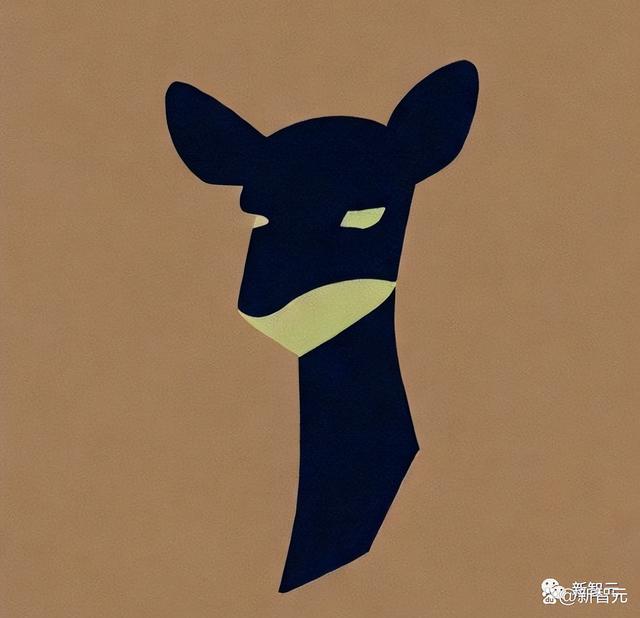ChatGPT:我们准备好迎接A.I.时代的到来吗?
[1] That’s my strong sense as I write this letter, on a plane home from the World Economic Forum in Davos, Switzerland. Artificial intelligence was a hot topic among the gathered leaders, and views ranged from optimistic to fearful.
在从瑞士达沃斯世界经济论坛回家的飞机上写下这篇文章时,我拥有这样一种强烈的感觉:人工智能的流星已至,而我们还未做好准备。A.I.是此次论坛的热门话题,与会者们的态度是乐观与忧虑并存。
[2] First, the hopeful takes. For Adena Friedman, CEO of Nasdaq, A.I. is a potential solution to some of the toughest business problems, from the labor shortage to supply-chain inefficiencies. For Illumina CEO Francis deSouza, it’s making possible the early-stage detection of 50 different cancers, using a new blood test from Illumina’s Grail subsidiary. For others, it’s the key to hitting net-zero goals.
首先,积极的观点如下。在纳斯达克(Nasdaq)的首席执行官(CEO)Adena Friedman看来,A.I.是解决从劳动力短缺到供应链效率低下等一些最为棘手的商业问题的潜在解决方案。因美纳(Illumina)的首席执行官Francis deSouza认为,使用其子公司Grail的新型血液检测方法,A.I.可以使50种不同癌症的早期筛查成为可能。而对其他人来说,A.I.则是实现净零目标的关键。
[3] Still, anxious scenarios loomed in every conversation, sparked by the buzz around OpenAI and its so-called generative A.I. platform, ChatGPT. The chatbot can write just about anything in response to plain-language human commands — in a way that’s disturbingly convincing. And it’s creating a frenzy among venture capitalists, high school students, and anybody who does creative work.
尽管如此,在对OpenAI及其所谓的生成式人工智能平台ChatGPT的热议所引发的每场讨论中,对其前景的不安也在蔓延开来。这种聊天机器人可以对人类以简明语言发出的任何指令给予回应——其可信度令人深感不安。这在风险投资者、高中生、以及任何从事创造性工作的人中间掀起了一股热潮。
[4] When it comes to concerns about how such A.I. should be regulated, how to prevent it from cranking out false information (a phenomenon called hallucination), or how to keep criminals and terrorists from misusing it, no one has solutions. But there isn’t much time to answer critical questions. The tech has already been largely built; it just hasn’t been widely deployed.
可是,当涉及到如何监管这类人工智能,如何防止它制造虚假信息(一种被称为错觉的现象),或者如何防止犯罪分子和恐怖分子滥用它等问题时,却没有什么解决方案。然而,没有太多时间留待我们来回答这些至关重要的问题。这项技术已基本建成,只是还未被广泛应用。
[5]ChatGPT is child’s play compared to what big tech companies are sitting on, one tech executive told me. He’s probably right. The T in ChatGPT, after all, comes from an algorithm called Trans former that Google invented. Do we really think Alphabet doesn’t have the same chatbot capabilities—and much more?
一位科技公司的高管告诉我:与大型科技公司还未公之于众的研究相比,ChatGPT简直是小儿科。他可能是对的。毕竟,ChatGPT中的T便取自谷歌发明的一种名为Trans former的算法。难道我们真的认为Alphabet没有开发出同样的——甚至更强大的——聊天机器人功能吗?
[6] If Big Tech is sitting on more robust A.I., why isn’t it being rolled out? One possible reason is the fear of business—model disruption. Generative A.I. could eliminate the need for Google searches, for example; with 60% of Google revenue currently coming from search, the company may not want to threaten its own golden goose.
如果大型科技公司拥有更强大的A.I.,为什么不公之于众呢?一个可能的原因是担心商业模式被颠覆。举个例子,生成式人工智能可以消除对谷歌搜索的需求;考虑到目前谷歌60%的收益来自搜索业务,该公司可能不想威胁到自己的金鹅。
[7] Fear of government and regulatory interference is another factor. There’s also the fear of what unleashing A.I. would mean for society. Not enough questions were asked about the impact that social media would have on the world. Big Tech doesn’t want to make the same or even bigger mistakes with A.I.
另一个因素是对政府和监管干预的担忧。还有人担心不受拘束的人工智能会对社会带来某种程度的影响。在社交媒体会对世界产生的影响这一议题上,人类仍没有提出足够多的疑问。大型科技公司不想在人工智能领域犯同样甚至更大的错误。
[8] Even Sam Altman, who cofounded OpenAI, sees the future he is shaping as both exciting and alarming.I think the best case is so good that it’s hard to imagine, Altman recently said.I think the worst case is lights-out for all of us.
就连OpenAI的联合创始人山姆阿尔特曼(Sam Altman)也认为,他正在塑造的未来既令人兴奋,又令人担忧。我认为最好的情况是如此令人满意,以至于很难想象得出来,阿尔特曼最近提到,而最糟糕的情况是我们所有人都消失了。



